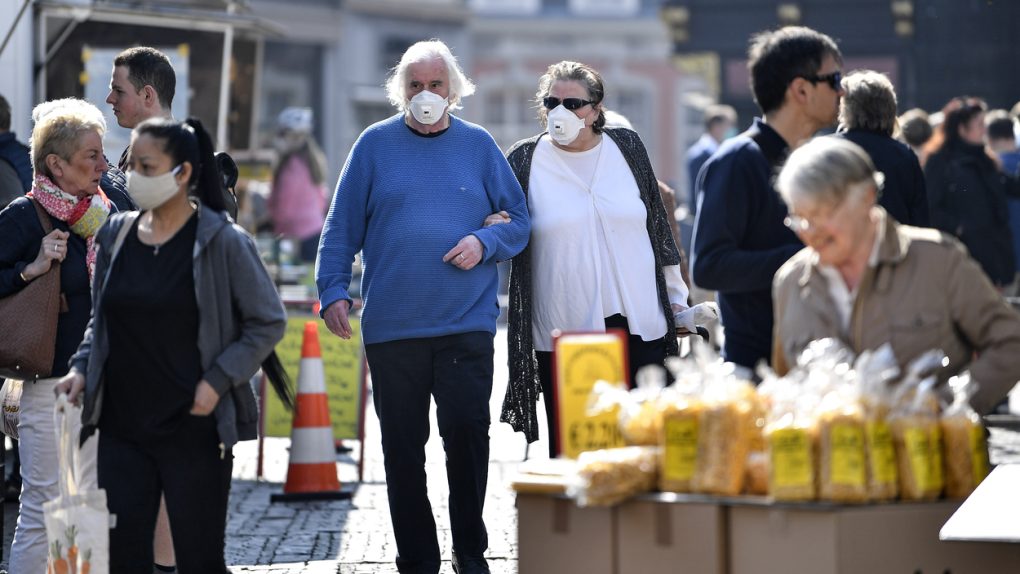- A potential coronavirus drug called Remdesivir showed encouraging results in a preliminary study.
- Remdesivir is an existing drug from Gilead that was initially designed to help Ebola patients.
- The number of coronavirus cases in the United States recently surpassed 500,000.
- Visit BGR’s homepage for more stories.
Despite some indications that the coronavirus may have peaked in some U.S. areas, the pandemic is still ravaging many areas across the country. Just this past week, for instance, New York City — which has been categorized as the epicenter of the virus in the United States — saw its highest single-day death toll from the coronavirus. All told, new data from the John Hopkins Coronavirus Resources Center indicates that the cumulative number of coronavirus cases in the U.S. now exceeds 500,000. Meanwhile, the total number of coronavirus-related deaths in the U.S. recently reached 20,000 and surpassed Italy in the process.
All the while, researchers are still working furiously to come up with coronavirus vaccines and drugs. One of the more promising treatments centers on Remdesivir, an existing drug from Gilead that was initially designed to treat Ebola patients.
A large clinical study involving Remdesivir as a treatment for the coronavirus began last Friday and some of the early results are somewhat promising. Note that the full report surrounding the study was made available via The New England Journal of Medicine.
The study tested 53 patients, all of whom exhibited severe coronavirus symptoms. 30 of the 53 patients were on ventilators at the time of the study. One week after treatment with Remdesivir, the study found that 36 out of the 53 patients showed signs of clinical improvement.
During a median follow-up of 18 days, 36 patients (68%) had an improvement in oxygen-support class, including 17 of 30 patients (57%) receiving mechanical ventilation who were extubated. A total of 25 patients (47%) were discharged, and 7 patients (13%) died; mortality was 18% (6 of 34) among patients receiving invasive ventilation and 5% (1 of 19) among those not receiving invasive ventilation.
Approximately 12 patients experienced severe problems on the drug, but it’s unclear if that was due to the Remdesivir or on account of underlying medical issues.
While the data here is promising, there’s no doubt that more testing needs to be done.
“Currently there is no proven treatment for COVID-19,” said Dr. Jonathan D. Grein, the lead author on the JAMA article. “We cannot draw definitive conclusions from these data, but the observations from this group of hospitalized patients who received remdesivir are hopeful. We look forward to the results of controlled clinical trials to potentially validate these findings.”
Meanwhile, the coronavirus’ impact on the U.S. economy remains pronounced. Unemployment is at an all-time high and there’s no indication when non-essential businesses will be allowed to re-open. In the interim, $1200 stimulus checks will start arriving next week. You can check to see if you’re eligible for the stimulus check over here.








